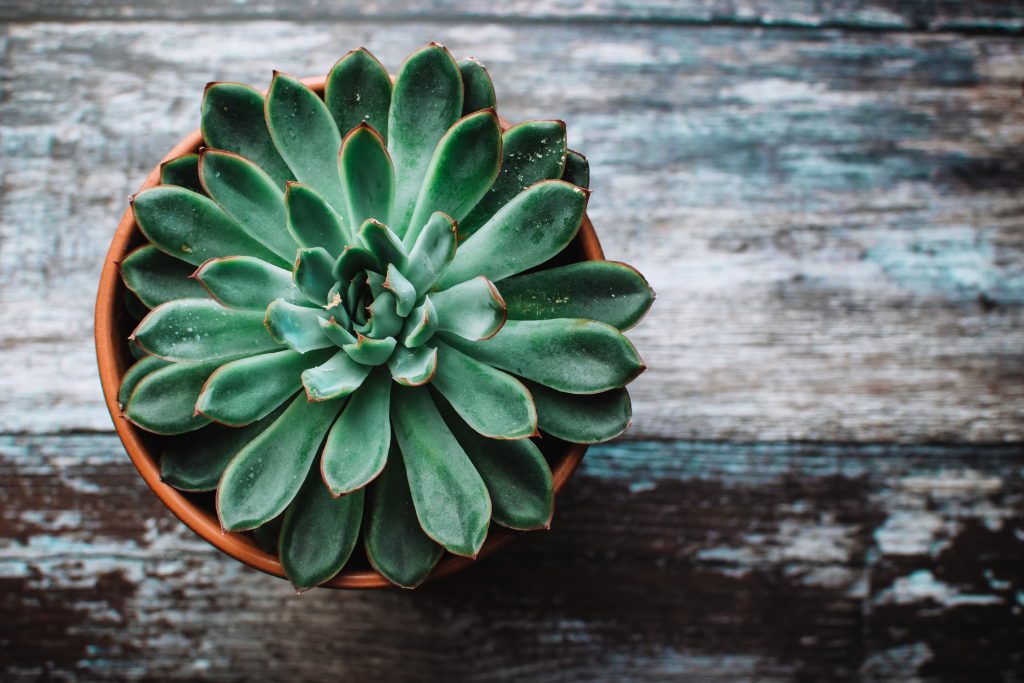This post is also available in Dutch .
In recent years, the popularity of houseplants has increased massively: For example, Dutch plant exports grew from $6 billion in 2000 to $9 billion in 2016. Estimates claim that millennials take up about one-third of US sales. Mainstream media eagerly picked up this trend by publishing articles on the (psychological) benefits of plants. However, sometimes it is difficult to judge the value of such articles. Do plants actually have that much of a beneficial effect on you or is it all a bit of a hype?
Air quality
A commonly reported feature of plants is about ‘refreshing the air’: Plants take up carbon dioxide (CO2) and produce oxygen. In theory, this can indeed be good for you. People perform both cognitive and motor tasks better in an oxygen-rich environment (100%) than they do in normal oxygen levels (21%). Houseplants, however, can only slightly increase oxygen levels. Even if a plant transformed all of the CO2 in a room (0.04%) into oxygen (which is not possible), oxygen levels would only rise from 20.95% to 20.99% — which is not enough to have an effect on our functioning. Instead, a more beneficial action would be to open up some windows; good ventilation has more of an effect on air quality and is associated with improved productivity.
And psychologically?
There are also those who claim that houseplants can have positive psychological effects like improved focus, lower stress and a better mood. What can science tell us about this? This article combined the results of 21 studies on the psychological effects of plants and critically analyzed them. In general, the presence of house plants seems to lead to less reported stress (e.g. in hospital patients). Moreover, plants have an effect on the perception of pain in both real and experimental settings. Hospital patients experienced post-surgical pain at a lesser degree of intensity, for a lesser amount of time, and took less pain medication than did their plant-less counterparts. In a laboratory setting, subjects that put their hands in ice water kept their hands submerged for longer if houseplants were present.
Hold back for a bit
However, the authors also call for caution: The results of the analyzed studies are sometimes inconsistent and contradictory, and methods are not easily comparable. The authors therefore suggest that the psychological effects of plants are probably dependent on the number of plants, their placement and their degree of visual exposure. On top of that, perhaps subjects were not equally sensitive to the surrounding domestic foliage. Finally, placebo effects could have also played a role (a placebo can still have influence even when you know it’s a placebo).
The question of whether or not houseplants have such a major effect on your well-being is thus not completely answerable; take large claims with a grain of salt. Nevertheless, this is of course not a reason to not have houseplants. After all, they also just look nice!
Written by Felix
Edited by Eva and Jill
Translated by Rowena
Translation edited by Christienne
Related blog:
The sun brings happiness – Mahur
Credit: featured image by Lisa Fotios via Pexels (license)
